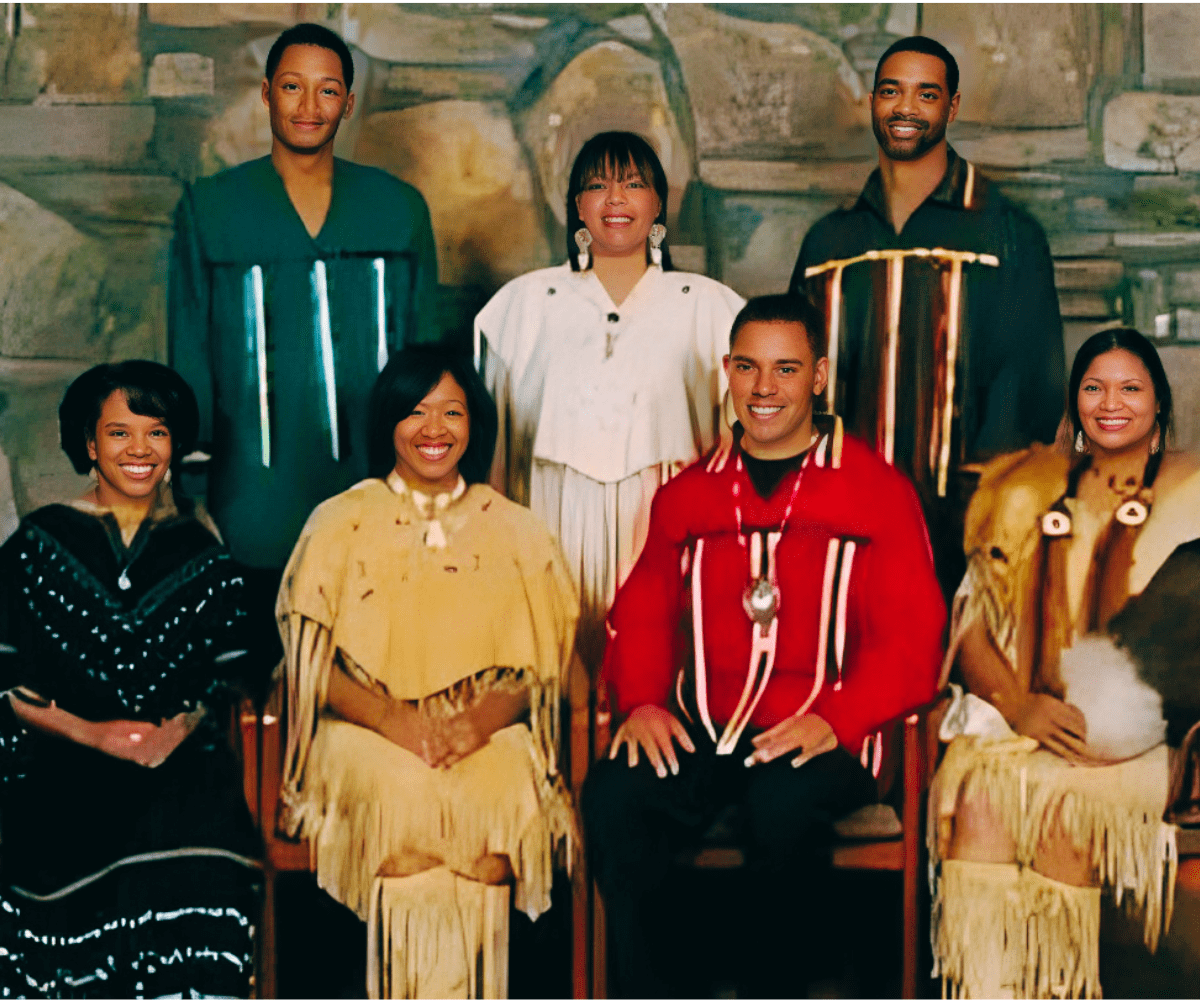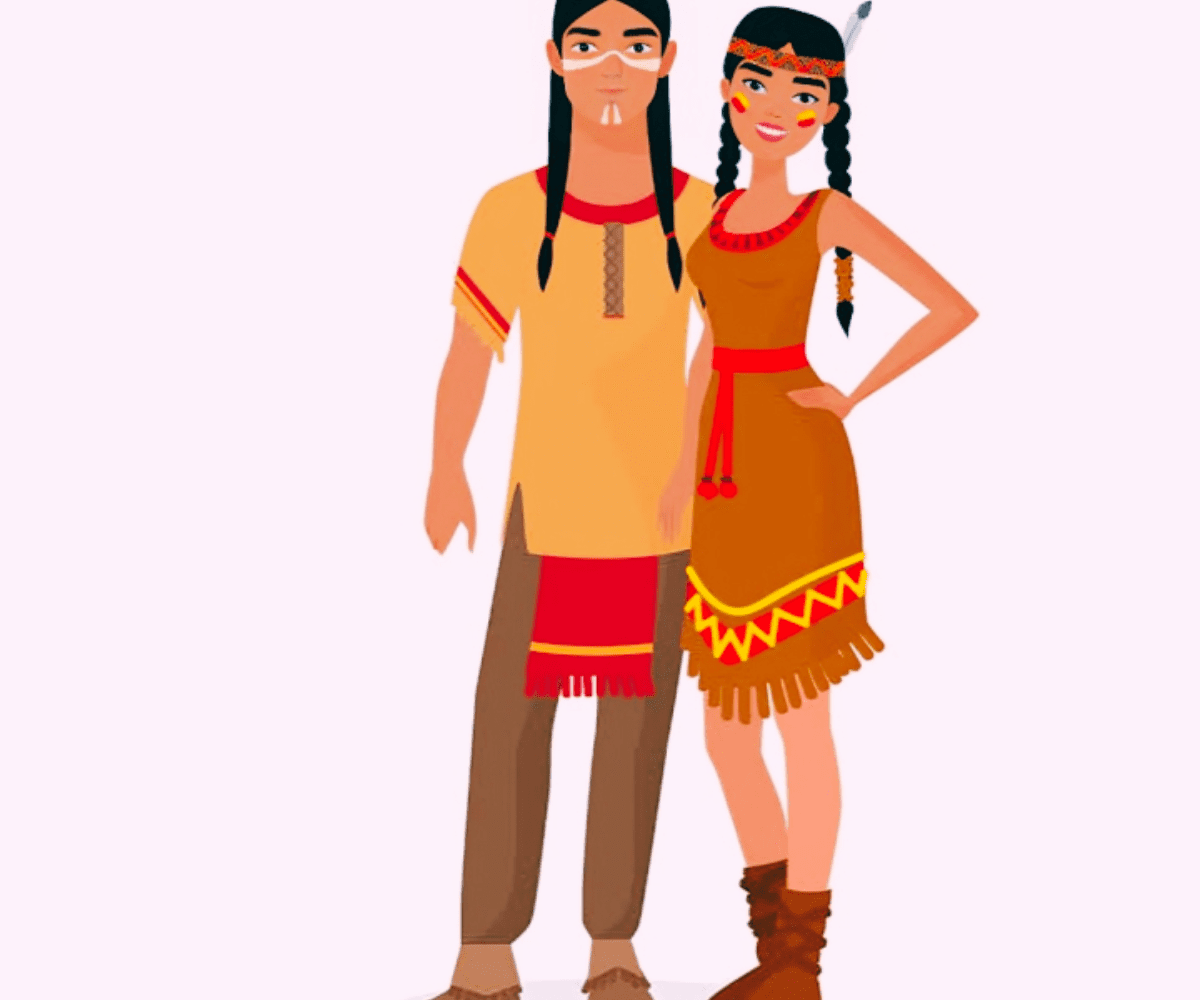American’s Indian Family Names: A Fascinating Cultural Heritage
In America, Native American groups are special in the diverse mix of cultures. They have a long history that’s a big part of our country’s story. One thing that shows how important their traditions are is how they name their families. These names aren’t just words, they’re like secret tales holding the wisdom of their ancestors, their symbols, and their strong spiritual ties.

The Importance of Names in Indigenous American Societies
For many Native American groups, names are more than mere identifiers; they are imbued with profound meaning and purpose. These names often reflect the groups worldview, values, and reverence for nature. They can represent an individual’s characteristics, a significant event, or a connection to the natural world. Moreover,In some groups, names are believed to carry spiritual power and influence an individual’s journey through life.
Traditional Naming Practices
- Birth Names
- Many groupss bestow birth names upon newborns, often drawing inspiration from natural elements, animals, or celestial bodies.
- Examples: Tala (Wolf), Ahanu (Flower), Wanbli (Eagle), Kiya (Bear).
- Earned Names
- In some groups of people, individuals might get new names as they go through life, to celebrate big accomplishments, important moments, or changes in who they are.
- These names are deeply respected and serve as a recognition of an individual’s growth and standing within the community.
- Clan Names
- Many Native American groups are organized into clans, each with its own unique name and significance.
- Clan names usually come from animals or nature stuff and get passed on through families for a long time. This makes people in the clan feel like they belong together and have a special identity.
- Descriptive Names
- Some Native American last names describe how someone looks, acts, or what they did.
- Examples: Chetan (Hawk Warrior), Wahunka (Maker of Paths), Mahkoo (Grizzly Bear).
Cultural Influences on Naming Traditions
The naming traditions of Native American groupss are deeply rooted in their cultural beliefs, practices, and environments. Here are some notable influences:
- Nature and the Environment
- Many American’s Indian family names draw inspiration from the natural world, reflecting a profound connection to the land, animals, plants, and celestial bodies.
- Examples: Tasunke (Horse), Tawakoni (Shooter of Deer), Makah (Generous with Food).
- Spirituality and Mythology
- Certain names may hold spiritual significance or derive from sacred stories, myths, and legends passed down through generations.
- These names often serve as a reminder of the group’s spiritual beliefs and teachings.
- Historical Events and Figures
- Some American’s Indian family names commemorate significant historical events, battles, or revered leaders and figures from the groups past.
- These names serve as a link to the group’s rich history and cultural heritage.
- Linguistic Influences
- Native American groups speak different languages. These languages affect how they name things. Moreover, their names often sound like the words and structures in their languages.
Preserving Cultural Identity
Despite efforts to make Native Americans forget their culture and lose their traditions, many groups have worked hard to keep their special names. These names help keep their culture alive by linking today’s people to their ancestors. This way, they make sure their heritage stays strong and doesn’t disappear over time.
Challenges and Adaptations
Native American communities are adjusting to modern life. Some change how they name people but still remember their culture. Some groups use newer names that mix old and new ideas. But the meaning of these names stays connected to their old ways.

Conclusion
American’s Indian family names are more than just labels. They’re like living reminders of the colorful culture made by Native American groups. These names hold the wisdom of ancestors, spiritual links, and deep respect for nature. Moreover, when we understand and value these naming ways, we honor the lasting culture of the native peoples here.
FAQs
-
Are Native American’s Indian family names gender-specific?
- In many groups, naming practices are not strictly gender-specific. But, some names are usually linked to one gender or have meanings connected to gender roles or expectations.
-
Can non-Native American’s individuals choose to adopt American’s Indian family names?
- It’s not a good idea for people who aren’t Native American to use Native American family names unless they really know and connect with the group’s culture and traditions. Doing so could be considered cultural appropriation.
-
Are Native American’s Indian family names legally recognized?
Yes, laws and rules help Native American family names be officially accepted and protected, so people from these groups can keep and pass down their traditional names.
-
Can Native American’s Indian family names change over time?
- Sure! In certain groups, people might get new names or have their names changed to show big moments in their lives or important changes they’ve gone through. This practice highlights the dynamic and evolving nature of naming traditions.
-
Are there any similarities or differences between naming practices among different Native American group?
- Each group has its own special way of naming things. They get ideas from nature and what they believe in. But even though some things are similar among groups, such as where they get their ideas, each group has its unique way of doing things. Moreover, this is because of their culture, language, and history.
- For more, Click here
